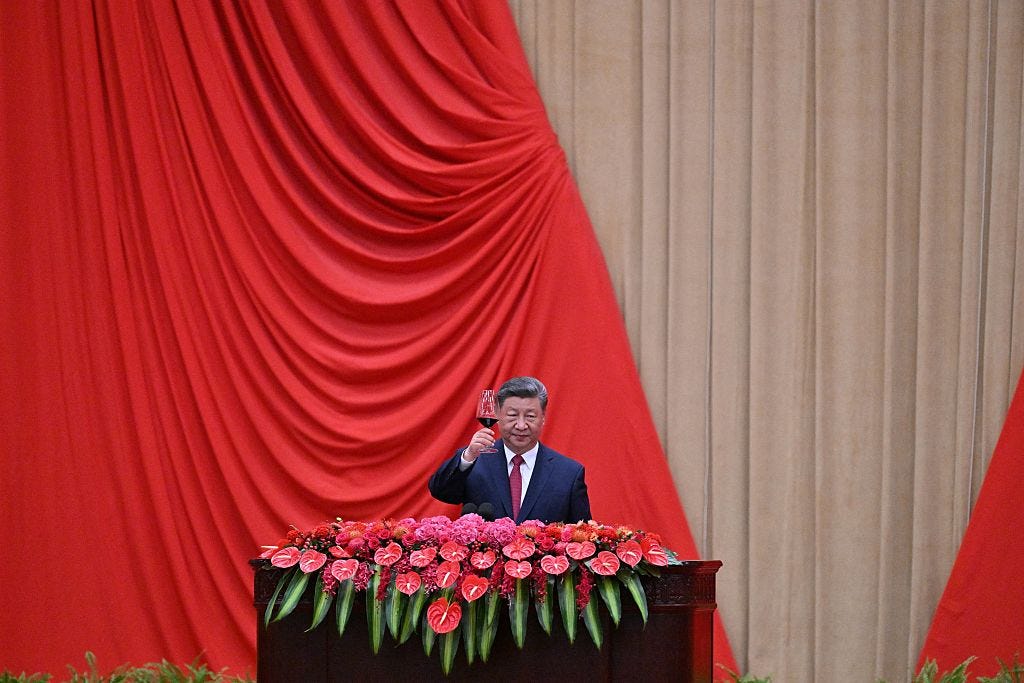Gloves Off
Why the events of last week changed everything.
“Negotiation in the classic diplomatic sense assumes parties more anxious to agree than to disagree.” – Dean Acheson
In the hours ahead of the latest US government shutdown, the Department of Commerce laid down a new rule that significantly expanded export controls on Chinese companies. According to the directive, if a sanctioned company or group of companies already on the Entity List holds a 50% or greater stake in a subsidiary, the subsidiary itself will now be added to the list. The net result is to dramatically widen the scope of Chinese enterprises facing restrictions.
From the perspective of the US administration, the action merely closed a gaping loophole in earlier directives. To the Chinese, it was a gross violation of a truce in the trade war that had been agreed to just weeks earlier, consistent with what was seen as a pattern of the US reneging on its agreements. Perhaps fed up with what it perceived as President Donald Trump’s bully approach to dealmaking, Beijing dropped the hammer on October 9:
“Beijing’s new rules announced on Thursday stipulate that licenses will be required for the export of technologies used in rare earth mining and processing, as well as for the manufacturing of magnets, which can be used in military technologies. Crucially, any foreign firm that wants to supply rare earths produced in China or processed with Chinese technologies outside China will also need to get a license, according to China’s Ministry of Commerce.
These restrictions send a particularly powerful signal because Chinese companies control more than 90 per cent of the world’s processing capacity for rare earths…
The rare earths that Beijing is increasing its control over are critical to a range of technologies from electric vehicles to wind turbines and defence systems. The new restrictions on rare earths come amid a freeze by China on buying US soybeans from the autumn harvest – another instance of Beijing building leverage with Washington.”
The next day, Trump rattled global stock markets with a wild post on Truth Social announcing additional 100% tariffs against China effective Nov. 1. The resulting market rout wiped out trillions of dollars in shareholder value.
Upon digesting the news, we shared a somewhat provocative set of thoughts on Substack Notes: that China’s move was tantamount to a threat of economic nuclear war; that the Chinese have total escalation dominance in this scuffle; that the US would almost certainly have to beat a temporary retreat; and that China will likely succeed in winning what we described as an important battle of World War III.
These judgments are hardly hyperbolic. China’s decree last week was almost certainly the result of decades of careful planning—a strategic cannon that would not have been fired if leaders in Beijing weren’t convinced of its definitive efficacy. If we are correct, the end of a 50-year world order and the beginning of a new one are upon us. Let’s find out why.


